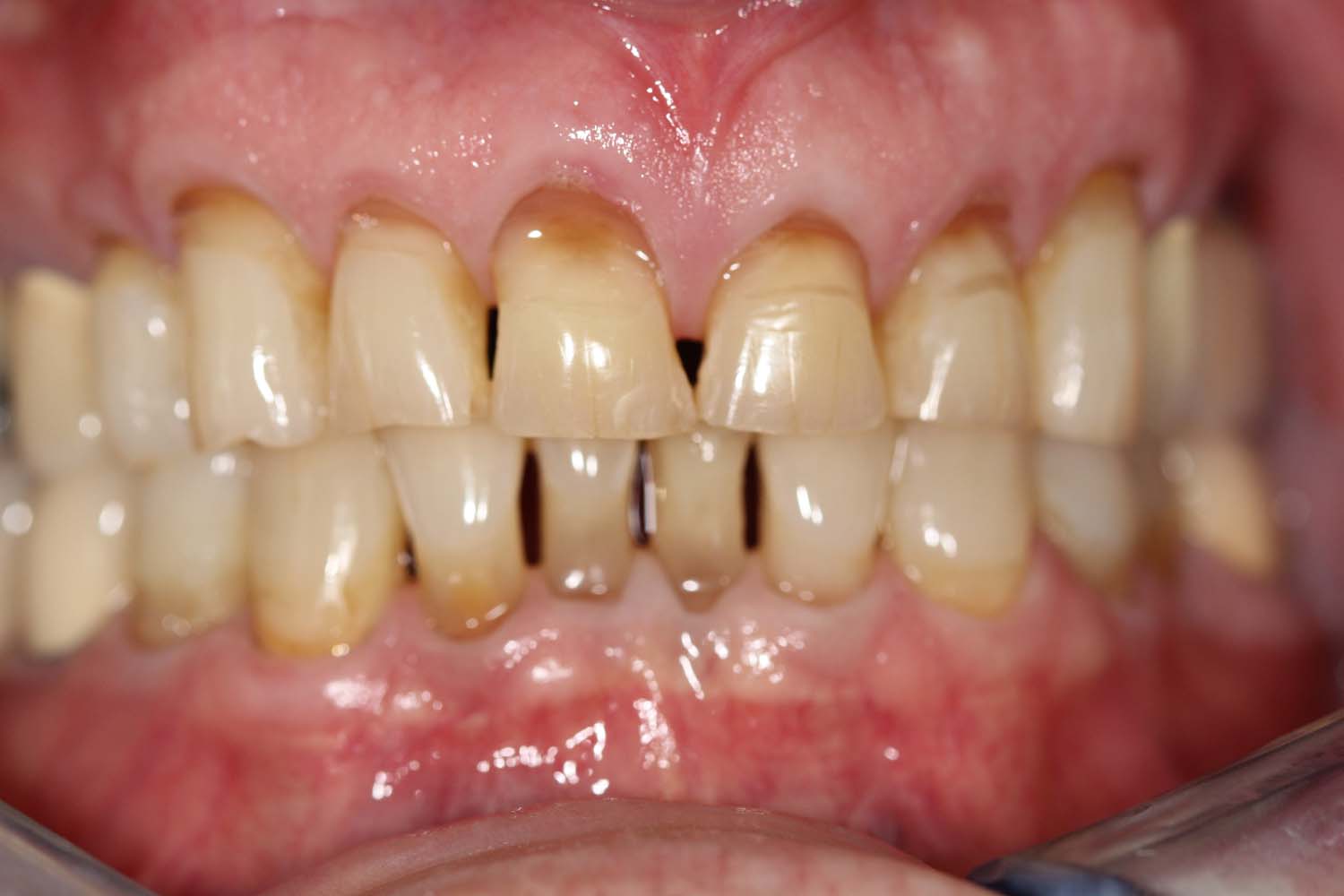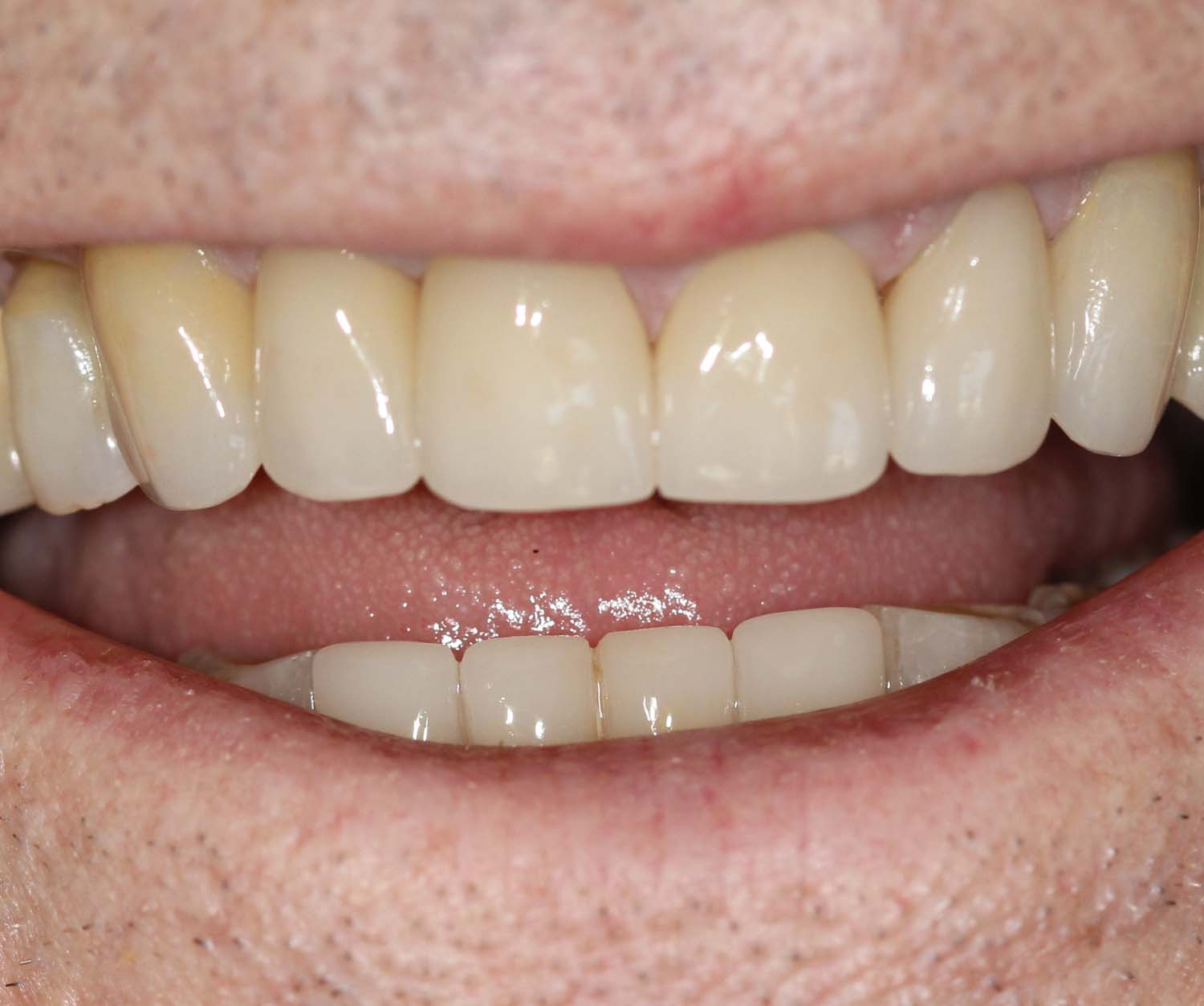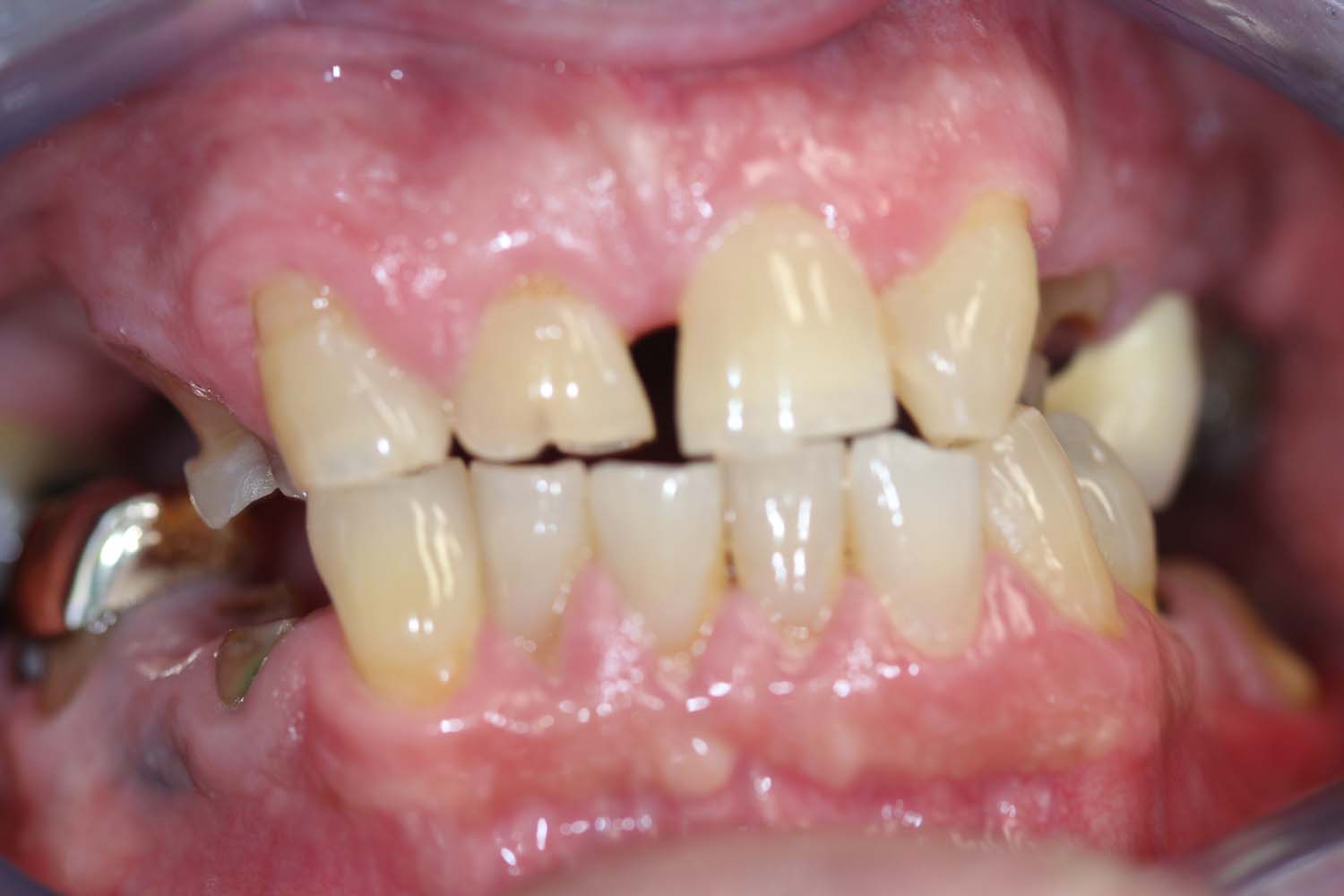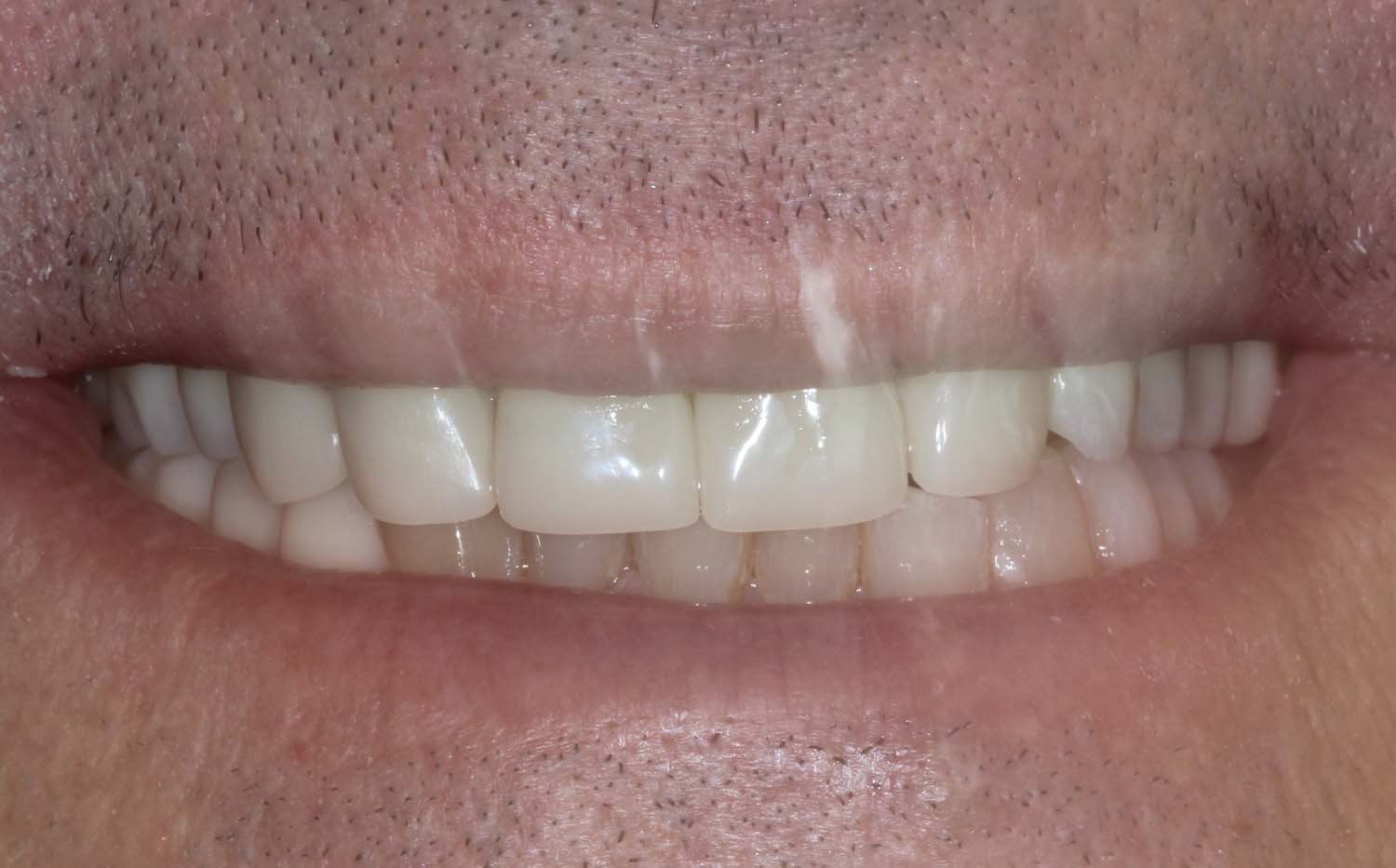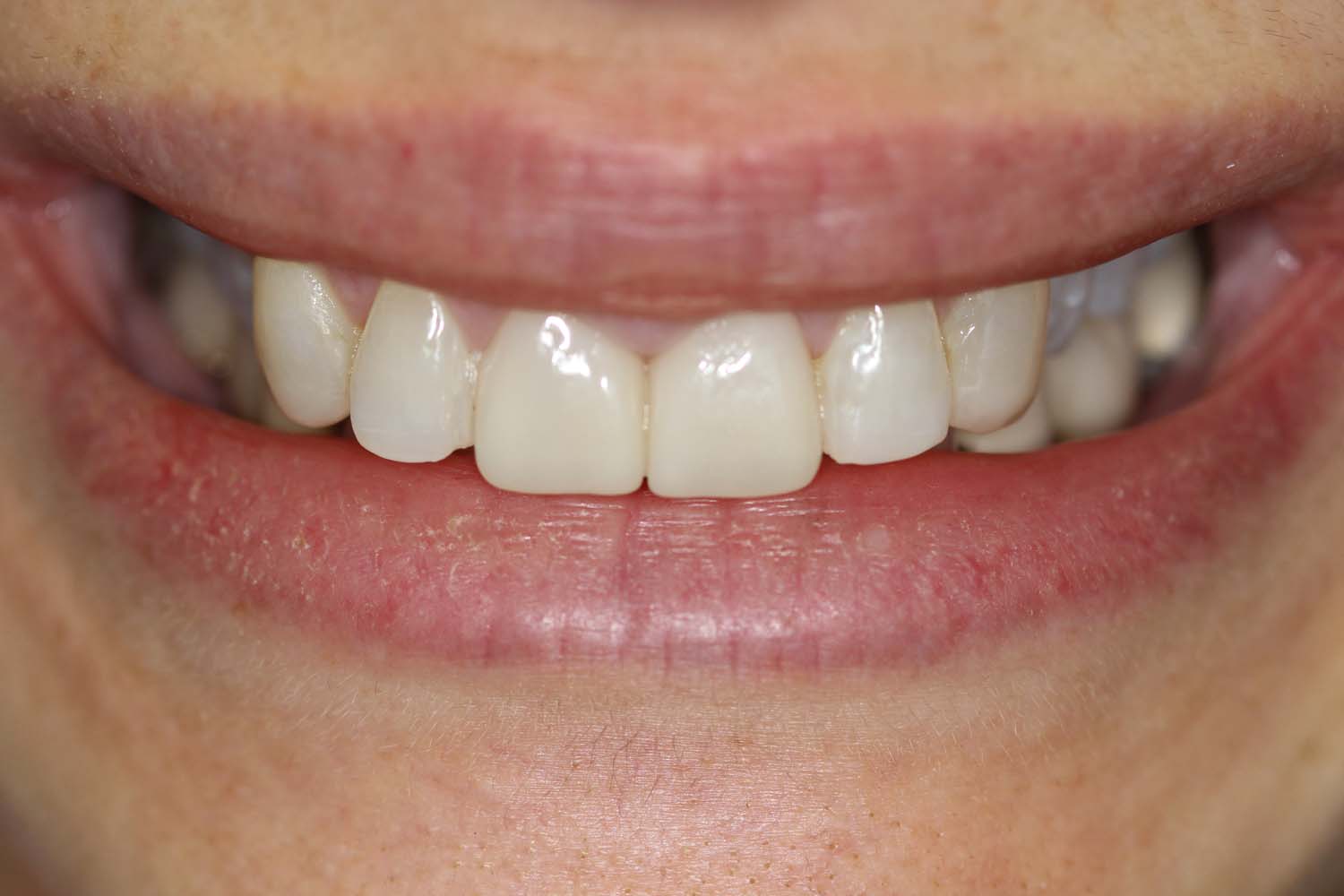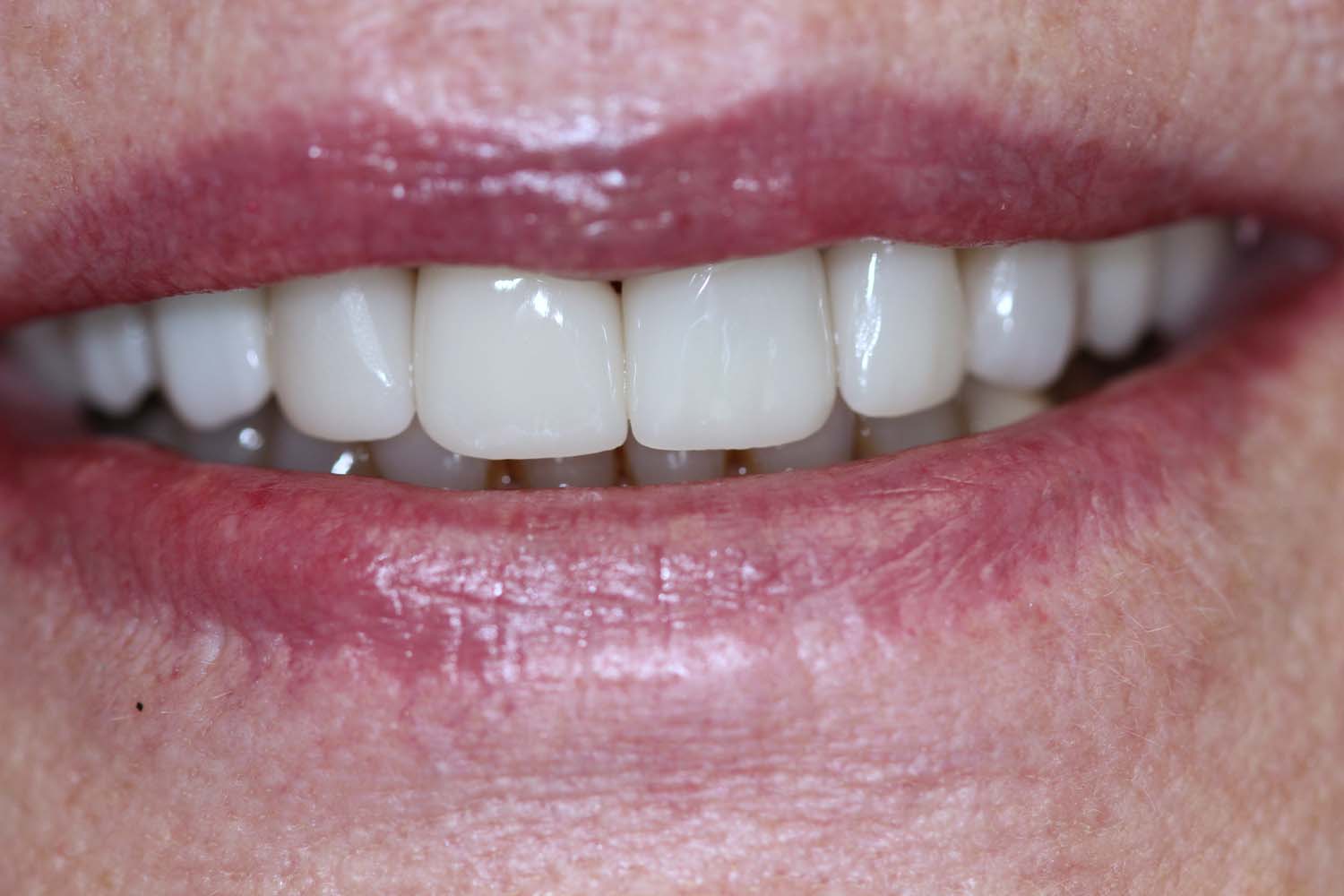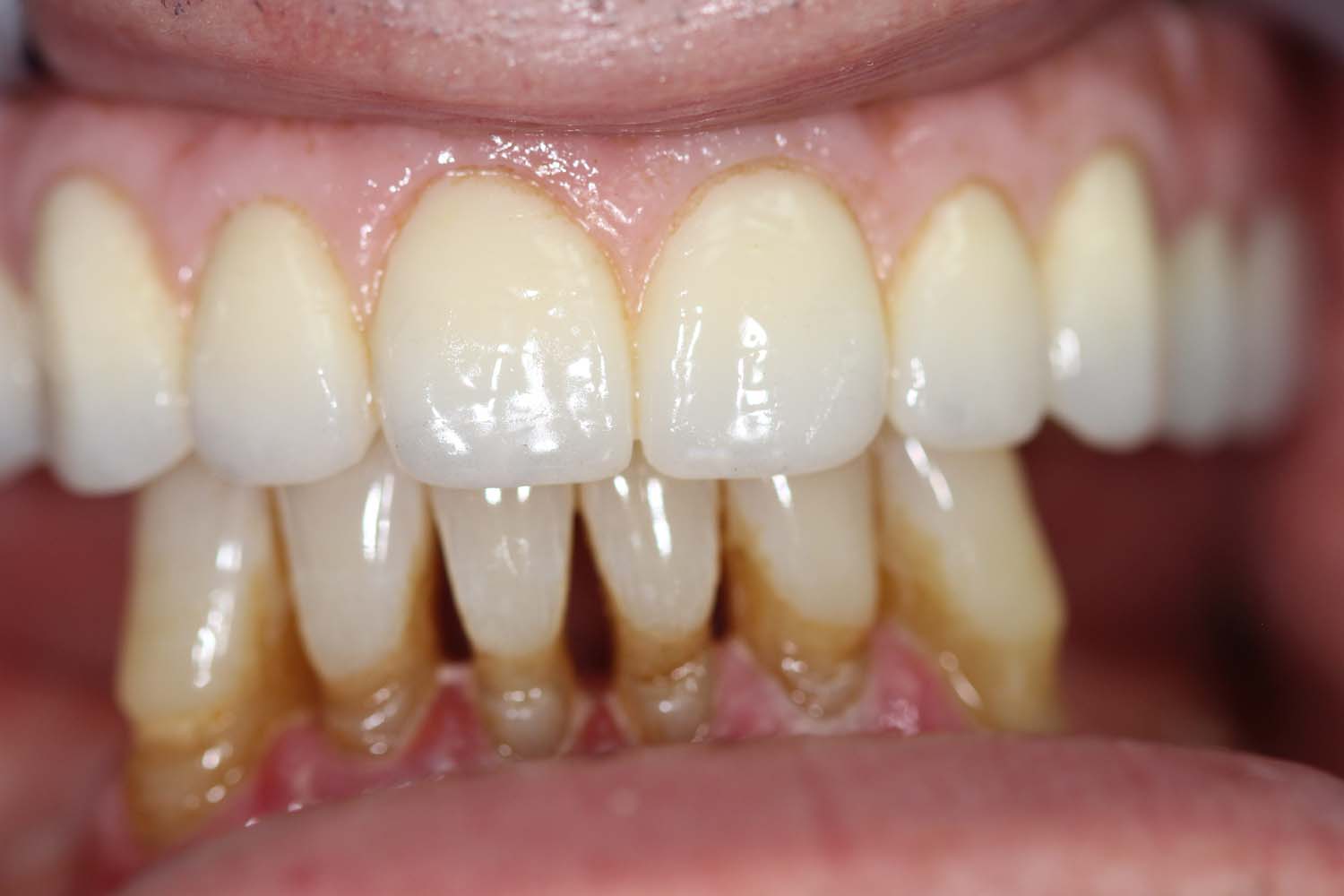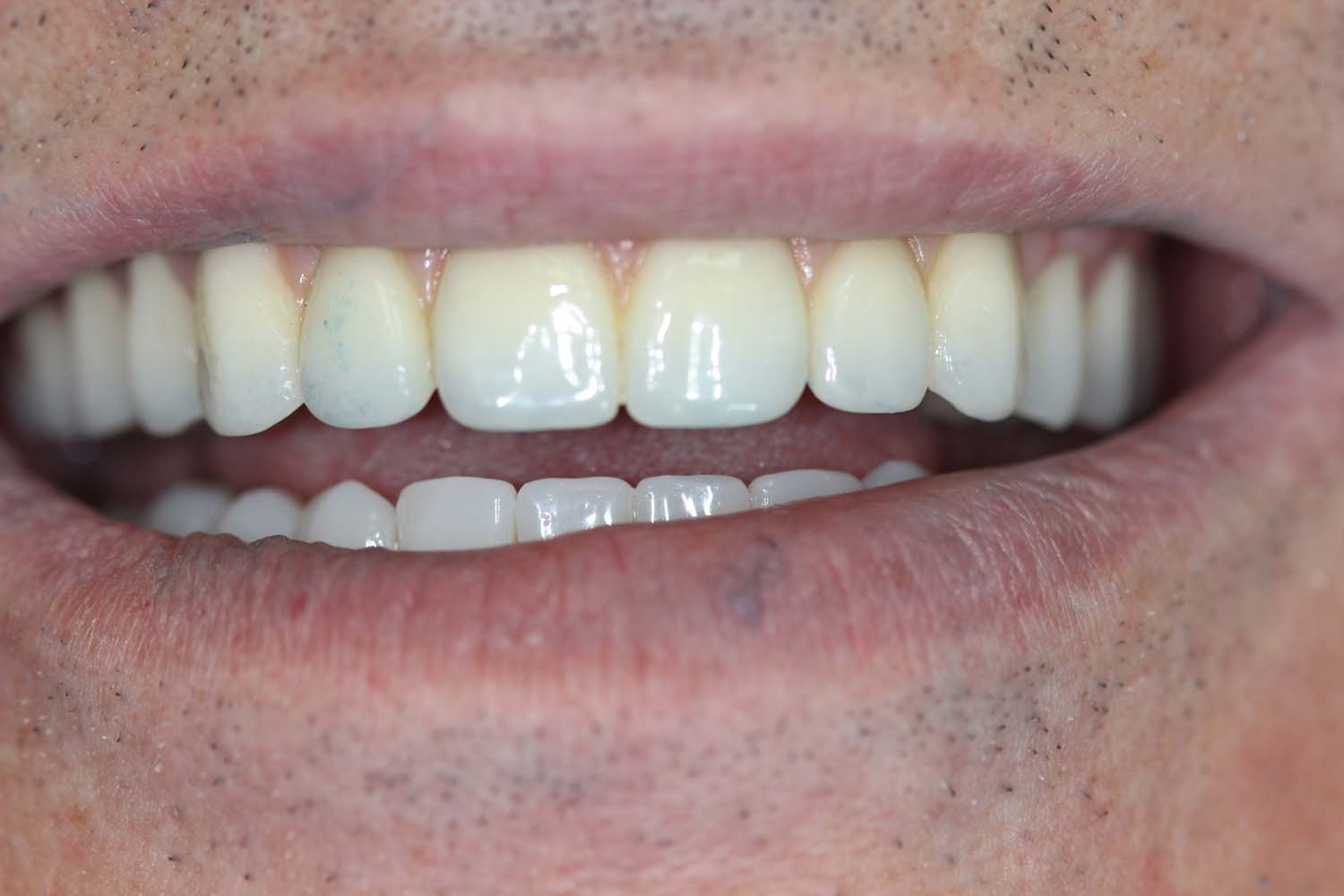Creating Beautiful Smiles with Compassion and Care
Our practice has been caring for patients for over forty years. Our dentists have a combined experience of over sixty years in clinical practice.

We pride ourselves on our meticulous attention to detail and quality, as anyone should when it comes to your smile and oral health. Our team of specialists is trusted by many dentists in the area, who refer to us for complex repair and replacement work. From custom shading of crowns to ensure a natural-looking smile, to detailed cosmetic procedures, we work tirelessly for perfection when it comes to your smile.
Our specialties include oral reconstruction, dental implants, and difficult cosmetic procedures. Our patients come from as far away as Pittsburgh, Chicago, New York City, Buffalo, Boston, Philadelphia, Washington D.C., Delaware, Maine, and Florida. We are known as “the dentists’ dentists” as we have a very large number of dentists and their families as patients.
Prosthodontics, or advanced Restorative dentistry, is the specialty of dentistry dedicated to the replacement and reconstruction of teeth other important oral structures.
Dental implants are a great way to replace missing teeth and also to provide a permanent solution to having removable partial plates or complete plates (dentures). Implants provide excellent support and stability for these dental appliances.
Thanks to the advances in modern cosmetic dentistry, we are able to improve our teeth and smiles with quick, painless and surprisingly affordable treatments.
Patient
“This is a great office to go to take care of your teeth. The professionalism and friendliness of the whole team is outstanding!”
Patient
“For 20 years, I have been a patient of Dr. Weiner. From the friendly greeting upon my arrival at the office, throughout the procedures and follow-ups, Dr. Weiner and his Team have been dedicated to my care and comfort.”
Patient
“Everything is handled seamlessly and efficiently so I don’t have to worry about insurance details, appointments, and follow-ups. Very professional and friendly service. “
Click on image to see transformation


